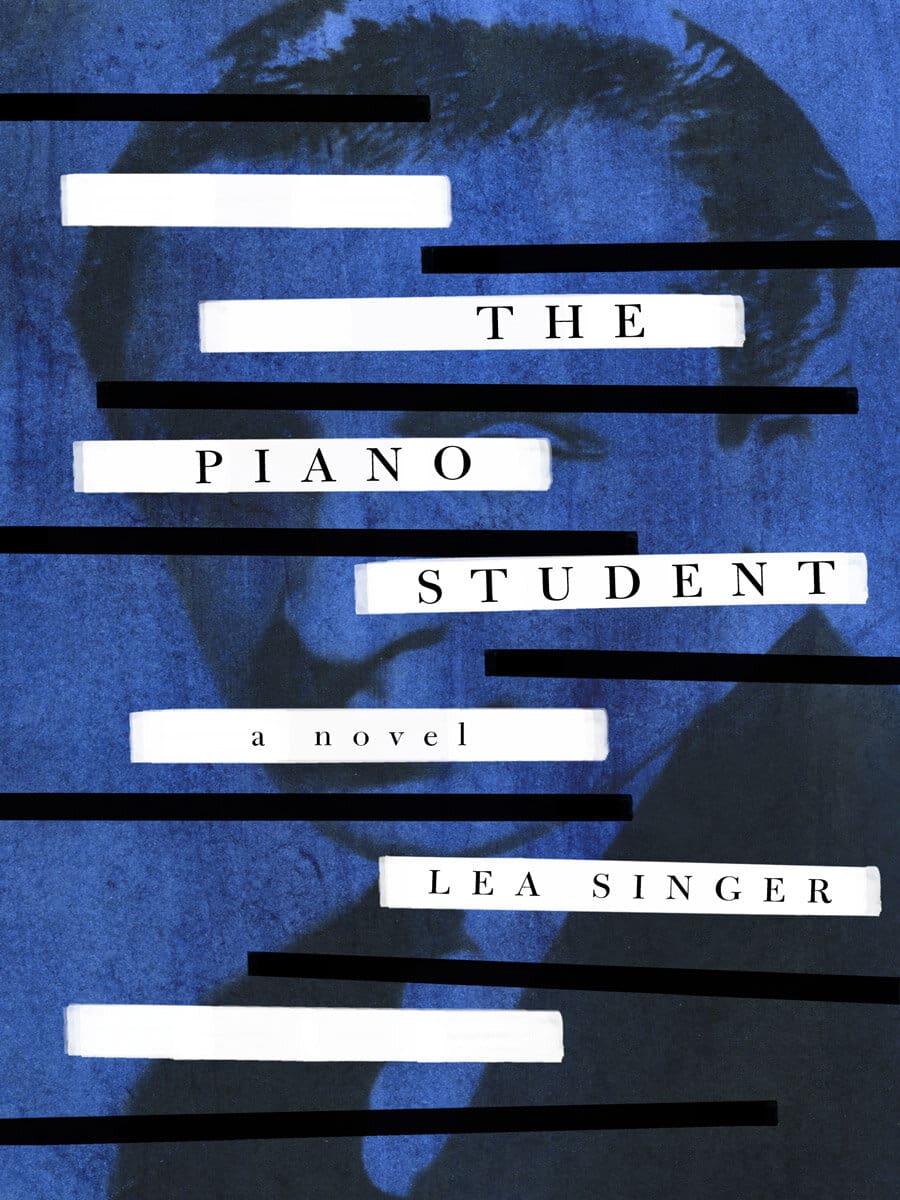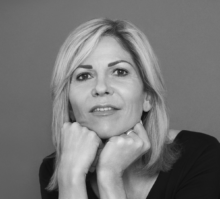
The Piano Student is a novel about regret, secrecy, and music, involving an affair between one of the 20th century’s most celebrated pianists, Vladimir Horowitz, and his young male student, Nico Kaufmann, in the late 1930s. As Europe hurtles toward political catastrophe and Horowitz ascends to the pinnacle of artistic achievement, the great pianist hides his illicit passion from his wife Wanda, daughter of the renowned conductor Arturo Toscanini. Based on unpublished letters by Horowitz to Kaufmann that author Lea Singer discovered in Switzerland, this is a riveting and sensitive tale of musical perfection, love, and longing denied, with multiple historical layers and insights into artistic creativity.
This is a novel with its very own soundtrack. Here is a Spotify playlist of music featured in The Piano Student, as well as a collection of YouTube videos showing Horowitz in his most triumphal performances.
Excerpt from The Piano Student
He was telling us about Paris, and it was downright electrifying, the way he went on. But Horowitz didn’t react, didn’t laugh, didn’t chime in, didn’t ask any questions. His expression was icy in the early summer heat. Have you heard my latest record? he asked Milstein. Some of it is good, but much of it is bad, very bad. What are they saying about me in Paris, about why I’m not performing? Is it true Toscanini’s been saying I can throw in the towel if my next concert isn’t a sensation?
Milstein simply asked in response, Are you practicing again, Volodya?
I . . . I’m trying, Horowitz said, studying his hands as though they were alien to him.
I caught Milstein as he was headed for the toilet. But why isn’t he practicing, why isn’t he playing, if it depresses him not to?
Turn things around and it all adds up. Nineteen thirty-four is when it started for Volodya. For a while, he could drown it out on the piano, on those murderous tours. All he talks about is his demons; he hoped they’d suffocate if he just kept moving.
But why, I asked, did it start in 1934?
When one aligns dates, it’s often possible to discover connections, he said.
When Milstein left three days later, he took my hands in his, which to me looked like we were praying together. Be good to him, young man. No one before Volodya has ever played the way he does, and no one after him ever will. That tone! Sometimes I think tone means more to him than the music. He lived for that, and that alone. And for the money.
I aimed to please, and that included Milstein, so I begged Horowitz to let me listen to him practice. I actually begged him on my knees, which he liked. He hesitated, didn’t respond. Late that night at the bar, he wanted to know where I had heard him play, and what.
At the Tonhalle in Zurich. You played the Tchaikovsky concerto.
And?
And I was in raptures.
It was awful, he interrupted me, because it wasn’t Tchaikovsky I was playing, it was Horowitz. All sorts of things that weren’t even on the page. Still, it worked. The more risks I took, the louder the applause when I survived them.
The crowd was looking to me for thrills, and that’s what they got. But it was bad.
I tried to patch things up the next day at lunch. I was a born impostor. It wasn’t his virtuosity that had done it for me, that night at the Tonhalle, I said. It was his tone. Never before had I heard someone play like that. That tone, that unbelievable tone!
He didn’t respond. Then, finally, he said, Maybe in three days.
Following our midday nap three days later, he really did sit down at the Steinway, upright and earnest. Schumann’s Fantasie in C Major. Hellish piece. Movement was confined to his elbows down, while his back and shoulders remained still. Hands flat, long fingers stretched out straight, fingertips practically curved upward. His pinkies curled, then sprang into action. Any piano teacher worth his salt would throw a fit at the sight of such hand positioning. Horowitz crashed down the octave runs as though taking a pleasant stroll. His staccato notes flickered off the page, and he sailed through the rapid changes in tempo and dynamics. But he kept stopping. He might play the same passage three, four, even ten times, changing the slightest nuance in pedaling or phrasing. Not once in my life had I practiced that way.
But that’s not all. When Horowitz struck a key and immediately let off, the resonance unfolded in the space like magic, and the space unfolded into outer space. I was witnessing firsthand the birth of music through tone. I now understood what Milstein meant.
Our next nap was anything but sleepy. When he emerged from the bath, towel around his waist, Horowitz asked if I had a driver’s license. He didn’t have one, just a chauffeur who’d stayed behind in Paris with the Rolls. The hotel rented a car and . . .
Kaufmann checked the time. We should see about rooms.
